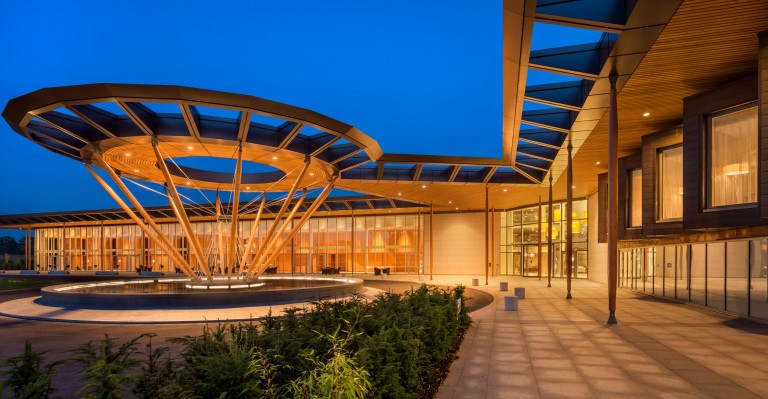
Hilton Worldwide Holdings Inc (NYSE:HLT) is betting on its new chain of hotels brand, known as Tru Hotels, to become the biggest brand in the midscale hotel category costing less than $100 a night. The company is entering the rapidly growing sector with a fresh brand to attract young and tech-savvy travelers who would like bigger lobbies and digital check-in, as well as, rooms at an affordable cost.
Click here for Market Exclusive news and analysis
Franchise Deals Signed
Hilton Worldwide Holdings Inc (NYSE:HLT) indicated that it has already struck franchise deals with 102 property owners. The company is aiming to sign 30 more deals, which are pending now. The cities included Oregon, Portland, Denver, Chicago, Houston, Dallas, and Atlanta. The company plans to launch the first Tru Hotel before the end of 2016. It appears that most of the locations would be outside the pricier markets like San Francisco or New York.
Global Head of Hilton, Phil Cordell, said that the initial focus would be small college towns, major highways and resort getaways. Eventually, it would extend the brand outside the USA. The company indicated that Tru was the 13th brand and might become the biggest as far as the number of rooms was concerned. Currently, The Hampton brand was the biggest with over 200,000 rooms spanned across 2,100 properties.
Filling The Gap In Portfolio
According to Robert W Baird & Co analyst, Michael Bellisario, Tru would fill the gap of Hilton Worldwide Holdings Inc (NYSE:HLT)’s portfolio. He believes that the midscale was one of the largest segments and that no larger global brands have penetrated into that market. The timing of the launch of the midscale brand comes when there was concern of sluggish economic growth. Already, the company’s stock dipped over 30% in the last one-year period thus dragging it below its IPO price of $20.
Hilton Worldwide Holdings Inc (NYSE:HLT) President and CEO, Christopher Nassetta, said that the company has not witnessed any significant change in its operating results in China. He said that though the country’s economy was in chaos, the mix of development helped to shift towards lower-priced hotels. He said that he could see the demand in such a market.




